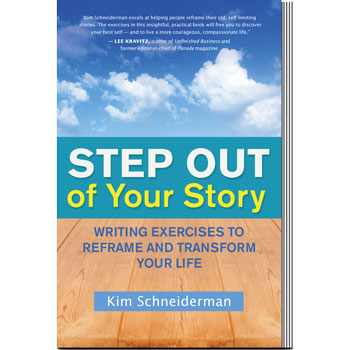Whenever I’m faced with a difficult conversation about an emotionally charged issue, I always ask myself, “How can I listen in a way that is open to really taking in what the other person shares? How do I not immediately get caught in needing to prove that I’m right? What I can get curious about so that I can understand the other person more deeply?” and “How can I empathize with their pain and narrative while without compromising the integrity of my own pain and experience?”
This is the challenge of active listening—to get your ego to step aside so we can deeply understand another’s experience. It can be especially challenging if we are uncertain whether they, in turn, will be able to understand our pain, we hear the faintest prelude to a character attack, or if we start to feel defensive or doubtful about our own stance.
Active listening is different than simply hearing. You can hear words that come out of a person’s mouth. But taking them in, reflecting on them, letting them penetrate your heart is an entirely different experience.
That’s why active listening requires trust and respect. The listener must trust that the speaker will express themselves in a respectful, non-attacking way. The speaker must speak respectfully, and trust that the listener is truly interested in taking in what is shared. The unspoken agreement is both the active listener and speaker must be mutually invested in understanding each other and coming to a positive resolution. If one party doesn’t care, or intent on blaming, such listening will be impossible.
The basic goal of active listening is to help you step into the shoes of the speaker so you can get a felt sense of their experience, and reflect back what you’ve heard until they feel understood. Only then can you step back into your own experience.
Here are some general guidelines that nurture active listening: https://www.psychologytoday.com/us/blog/the-novel-perspective/202010/how-actively-listen-during-triggering-conversations

Leave a Reply